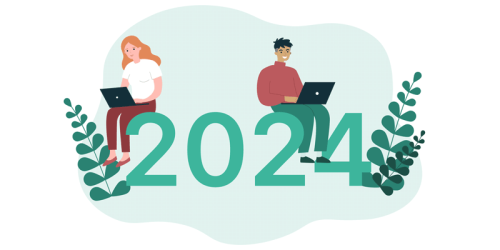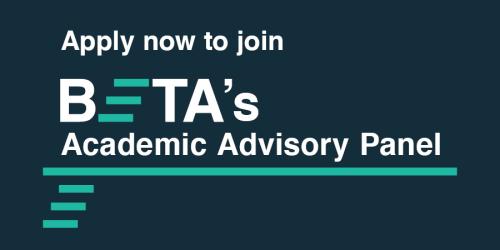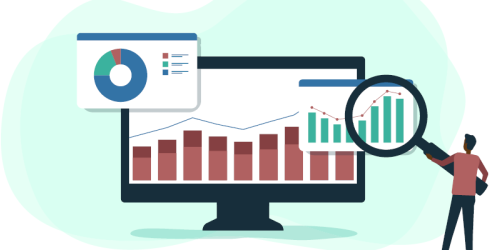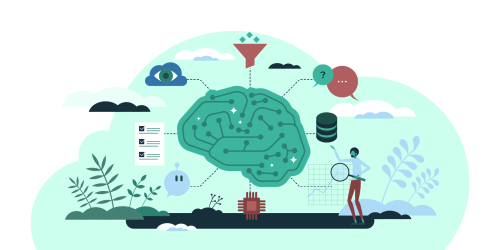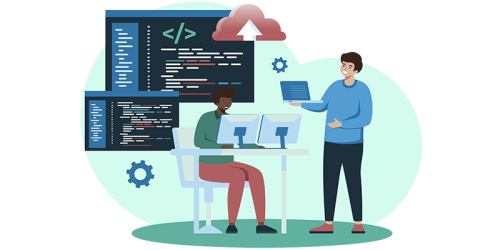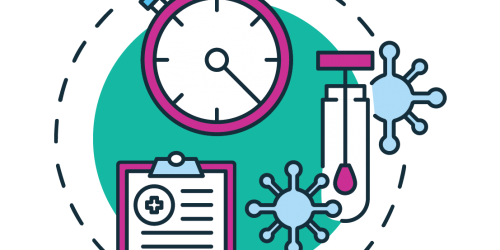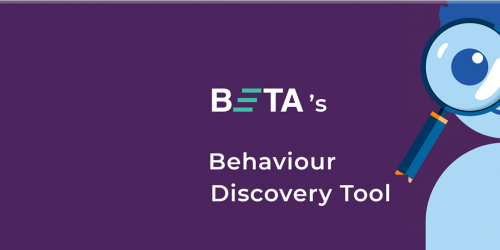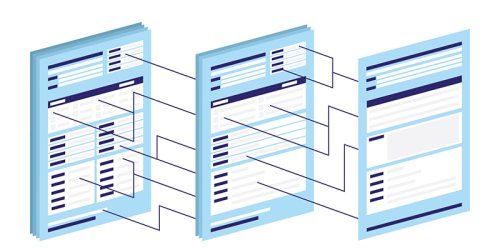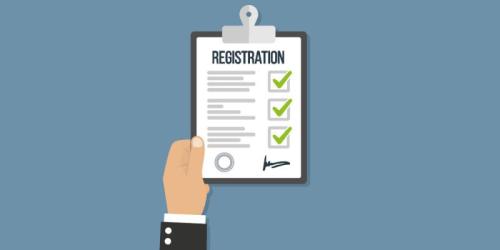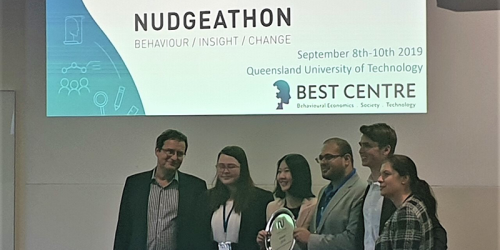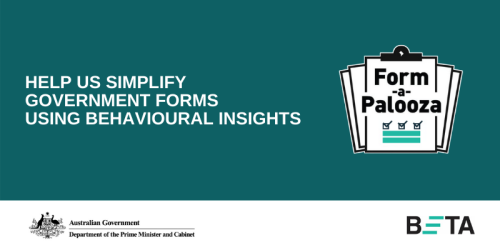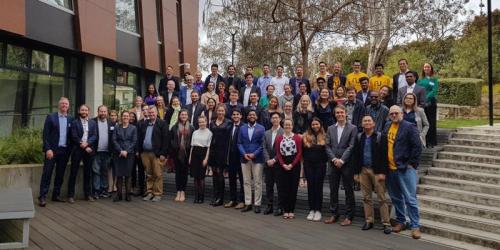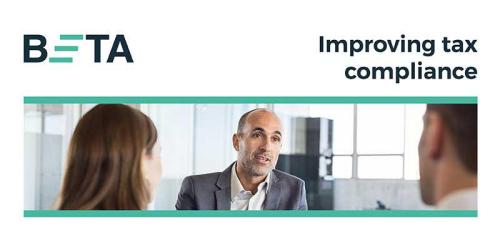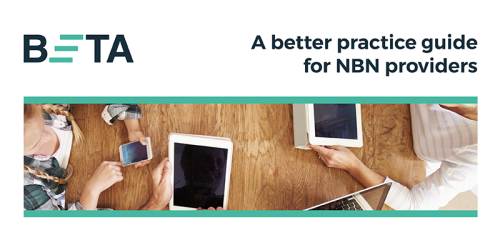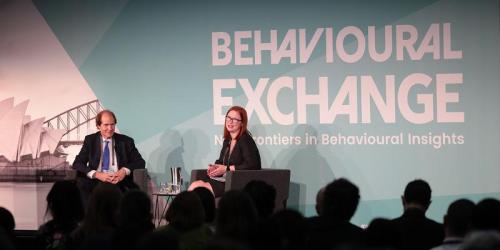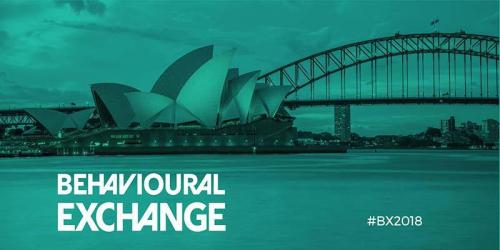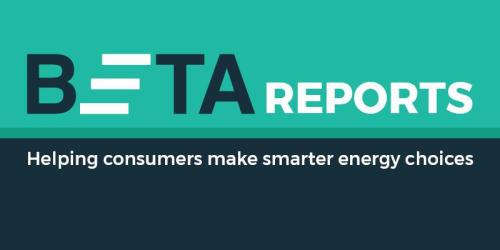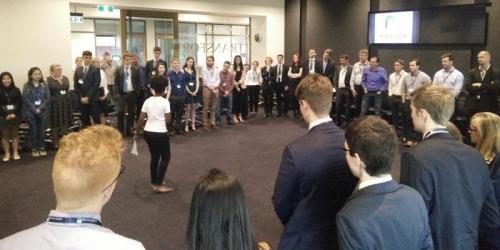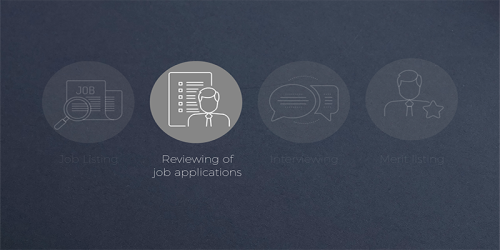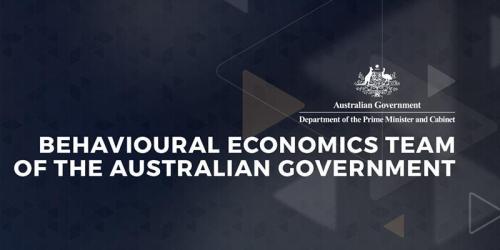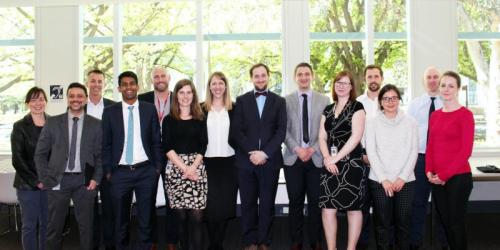Blog
A common theme across BETA’s advice and research projects this year has been to change the world to suit people, rather than expect people to change to suit the world.
We are pleased to share with you our highlights from 2024.
Many victim-survivors of family and domestic violence (FDV) have experienced, or believe they would experience, stigma and discrimination in the workplace.
BETA is seeking expressions of interest for 3 new members of our Academic Advisory Panel (AAP) to start in February 2025.
If you're running randomised trials, the linear probability model is your friend! At BETA, we use the linear probability model with robust standard errors as our primary estimator. Find out how the linear probability model could be easier to interpret, easier to run, easier to explain and more accurate than logistic regression.
BETA recently contributed to the OECD’s LOGIC report, which identifies effective practices for incorporating behavioural science into mainstream policymaking. Find out how BETA implements the key principles of the OECD’s LOGIC report.
Within the Australian Public Service, we're lucky to have a highly active and engaged community of behavioural insights practitioners – The Behavioural Insights Practitioners Network (BIPN). Established over 5 years ago, the network now has practitioners across 22 government agencies. Whether they have a background in psychology, economics, data or public policy (to list a few), our members share one common purpose; in applying evidence from the behavioural sciences to help improve public policy and service delivery.
This is Part 2 of our blog series on how we used machine learning to analyse gendered language in job ads. In this blog, we go through the technical nitty gritty of how BETA analysed 12 million job ads, and what we found.
Thanks to the release of OpenAI’s ChatGPT, we’ve all become aware of the power of natural language processing (NLP). But what is NLP? BETA explores the common terms and make sense of some of the hype.
Keeping betting on track
In 2020 when Australia went into its first round of COVID-19 lockdowns, there was a dramatic uptick in online gambling. As betting venues closed, and AFL games were played with no crowds in attendance, Australians shifted to placing their bets on online platforms, with a surge in online gambling spending. Betting on sports or races can be legally done by downloading an app from a registered provider. Once you have the app, placing bets is effortless and can be done from anywhere.
2022 was again a year of change and challenge. BETA’s work program adapted accordingly. We worked on some of the most urgent complex policy problems, including skills shortages, women’s labour force participation and energy prices.
Used extensively in market research and economics, DCEs have a number of qualities which make them great for analysing and understanding the kind of complex choices people make when they buy a smart device or choose a course of study.
This year will go down as one of the most challenging many of us have faced. And whether it be through our own personal experiences or the broader response to complex policy issues, human behaviour has been in the spotlight. So, it is no surprise BETA has had an incredibly busy past 12 months. With 2022 now on the horizon, it’s time to reflect on the year that was.
Remember when we used to travel? A quick flight to Perth for a wedding, a weekend skiing in New Zealand, a few days relaxing with the family on a beach in Bali?
While the world has been consumed this year with the immediate, large and fast‑moving threat posed by COVID‑19, another large but creeping health risk has been looming for several years: antimicrobial resistance (AMR).
Why did we develop the Behaviour Discovery Tool? Many people come to the Behavioural Economics Team of the Australian Government (BETA) because they are stuck on a problem.
Surveys and questionnaires are indispensable tools for research. At their best, they are a quick, efficient way to gather feedback and opinions from a study population, and they can be an enormously valuable tool for re-designing government processes to better serve people.
Good forms should be a priority for all agencies committed to service delivery—better forms can drive a virtuous cycle of more efficient services, more trust and better outcomes.
With the New Year (and new decade) well and truly underway, we thought it timely to reflect on the year that was.
Wonk alert: This post relates to how we evaluate our behavioural–science inspired policy interventions and so is somewhat more technical than others. But there aren’t any equations!
Almost a decade ago, the replication crisis roiled psychology and then other social and biomedical sciences. The open science movement that emerged in response recommends greater transparency of hypotheses, methods of analysis, results, data, code and experimental materials (see, eg, Miguel et al 2014 and Nosek et al 2015).
Criminal Justice was the focus of the 2019 Nudgeathon, the annual behavioural change competition in which teams from universities across Australia and New Zealand.
Forms are everywhere. They reach every facet of our lives. But does it really matter? Is form design an issue that governments should care about?
You've booked the perfect hotel for a dream price, but come checkout, you leave to a nasty surprise. Behavioural economists call it shrouding attributes ...
Been thinking about your retirement savings lately? You’re not alone.
Every year the start of January gives us pause to reflect on what we might like to achieve. They’re normally pretty similar resolutions - things like to drink less alcohol, exercise more, eat healthier etc. New Year’s resolutions are common, but are they rational?
When you’re shopping for something special or unique, how do you know what a fair price is?
Australians love an auction. Every Saturday, thousands of us trawl the neighbourhood, register for a paddle, and vie for a slice of the great Australian dream.
Teams competed to find the best behavioural insights ‘nudges’ to help Australians engage as participants in the data economy.
In our tenth report, Improving tax compliance: deductions for work-related expenses, we showcase another example of the returns to government from small changes informed by behavioural insights.
In 2015-16, 8.6 million taxpayers claimed nearly $22 billion in work‑related expense deductions. We partnered with the Australian Tax Office (ATO) to reduce work-related expense claims by $2.2 million and increase tax paid by $0.9 million with a simple letter sent to tax agents using social comparisons.
Our behavioural economics team (BETA) has partnered with the Australian Communications and Media Authority (ACMA) to develop a guide to help NBN providers present information to consumers more clearly.
On 25 and 26 June 2018, BETA hosted the International Behavioural Exchange Conference (BX2018) in Sydney.
BETA is pleased to announce the formation of an Academic Advisory Panel to strengthen its links with academia and support its capacity to translate behavioural research into policy.
Dr Martin Parkinson AC, Secretary of the Department of the Prime Minister and Cabinet, will give the opening address at BX2018, the Behavioural Exchange 2018 conference in Sydney next week.
Learn how to drive change in policymaking at the BX Conference in June.
Are you influenced by energy efficiency star‑rating labels? Do you use energy fact sheets to compare plans and pick the best one for you? How behavioural insights can help consumers make smarter energy choices
This September, university students from around Australia and APS graduates from the Department of Social Services gathered together in Brisbane over three days to brainstorm nudge solutions to increase volunteering at Australia’s first Nudgeathon.
How can we improve the diversity and gender balance of our workplaces?
We are excited to announce that BETA has secured funding over the next three years to extend our mission. The commitment, delivered under the Public Service Modernisation Fund, will enable us to continue improving public policy and service delivery.
Taking a closer look at the work of UK Behavioural Insights Team, Dr Michael Sanders spoke to staff about recent trials in education and the use of machine learning to optimise trials.
Professor Michael J. Hiscox will head up the Australian Government’s first central Behavioural Economics Team (BETA).


